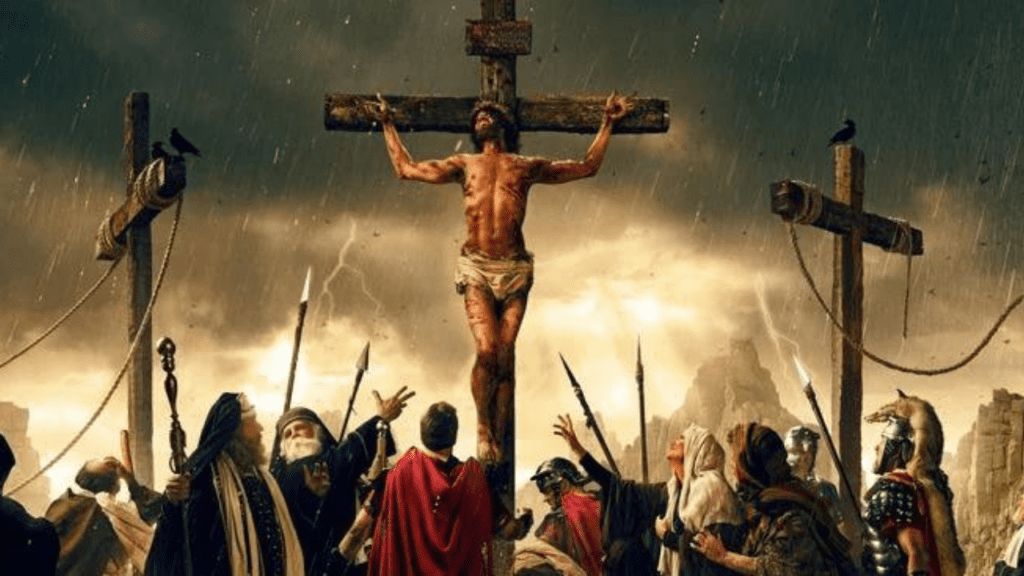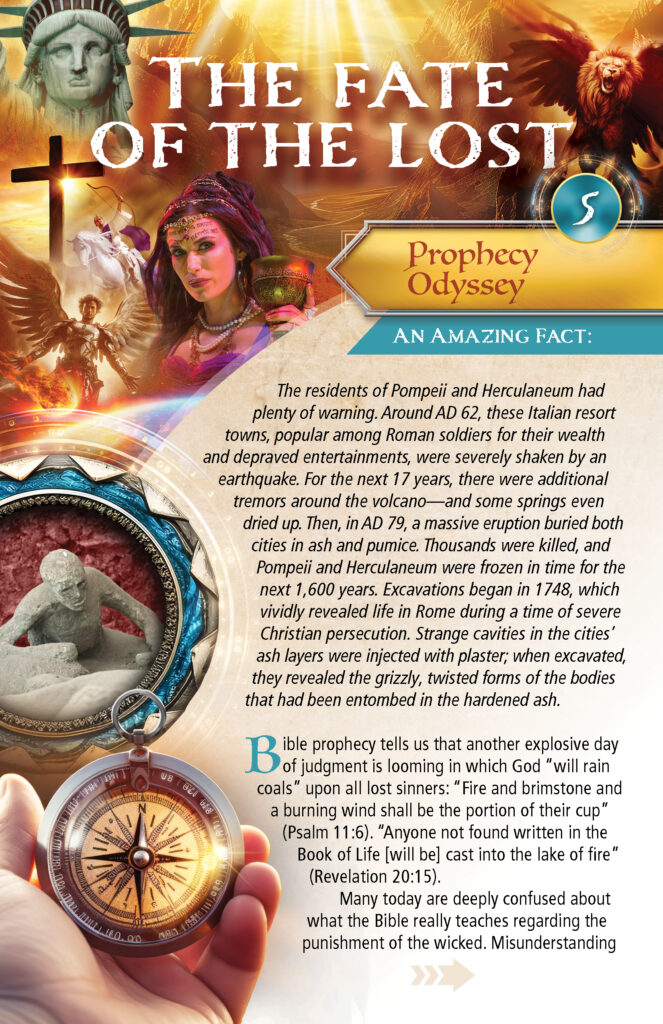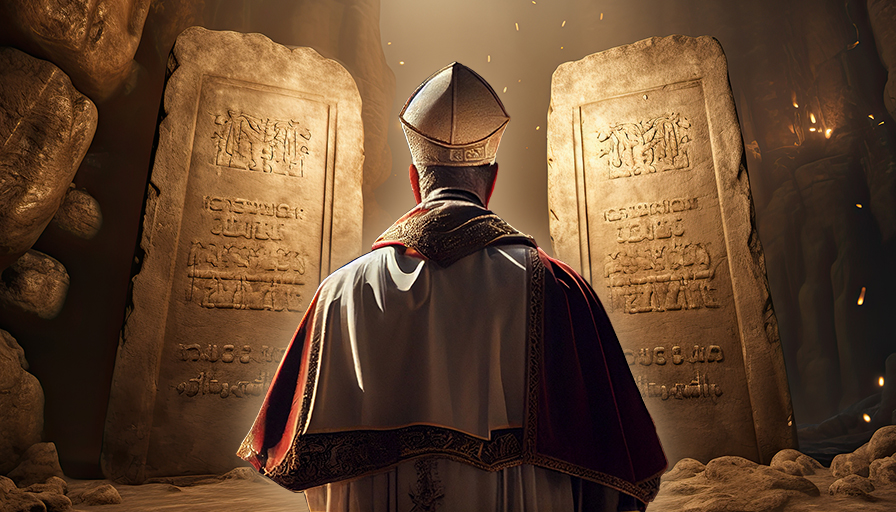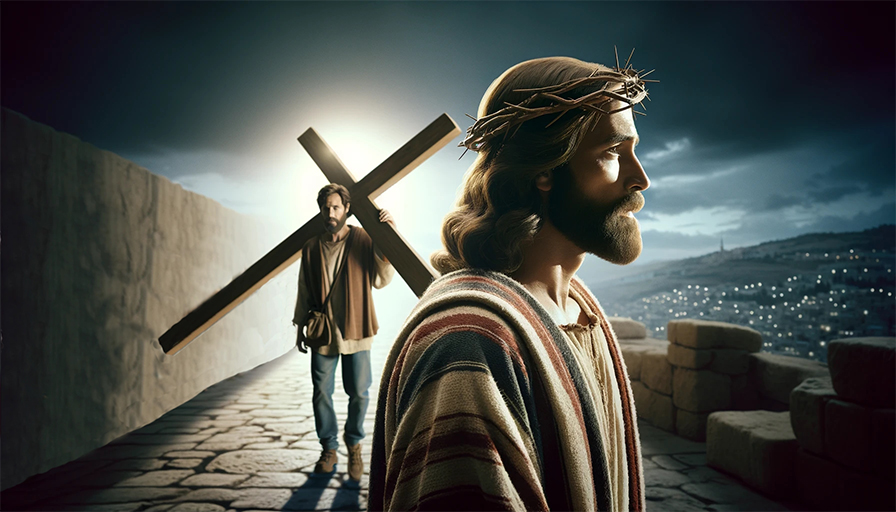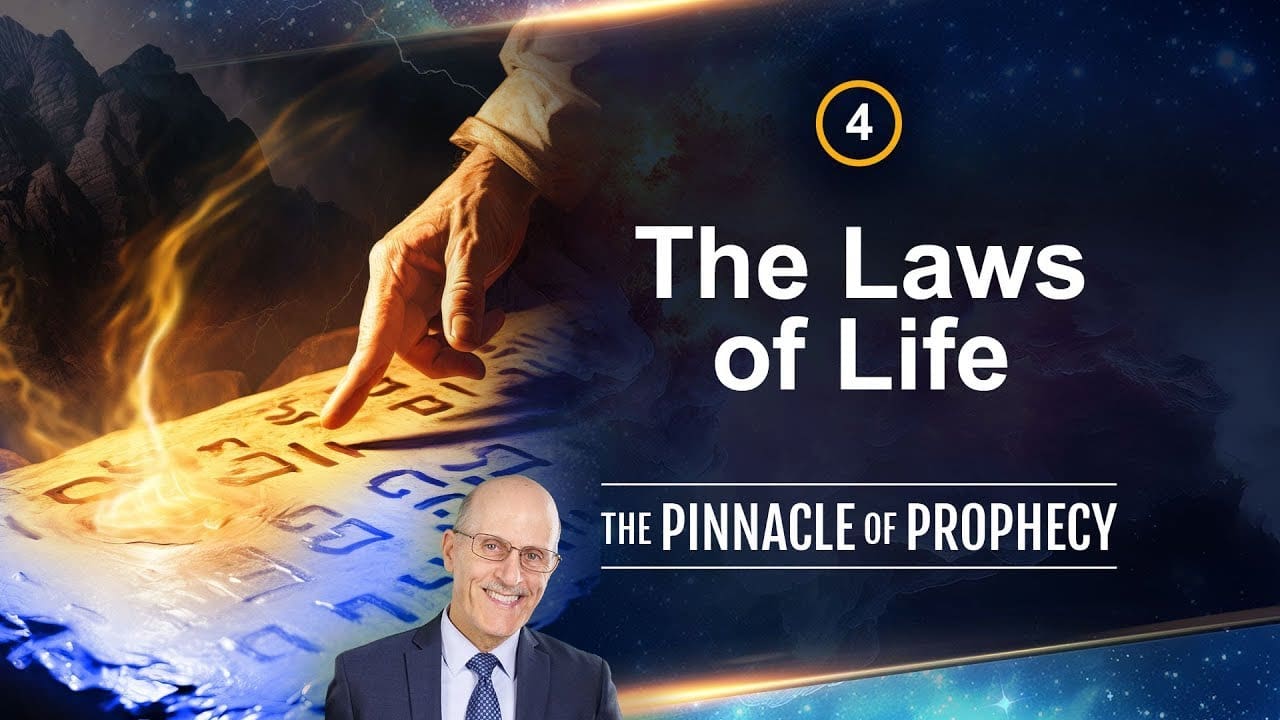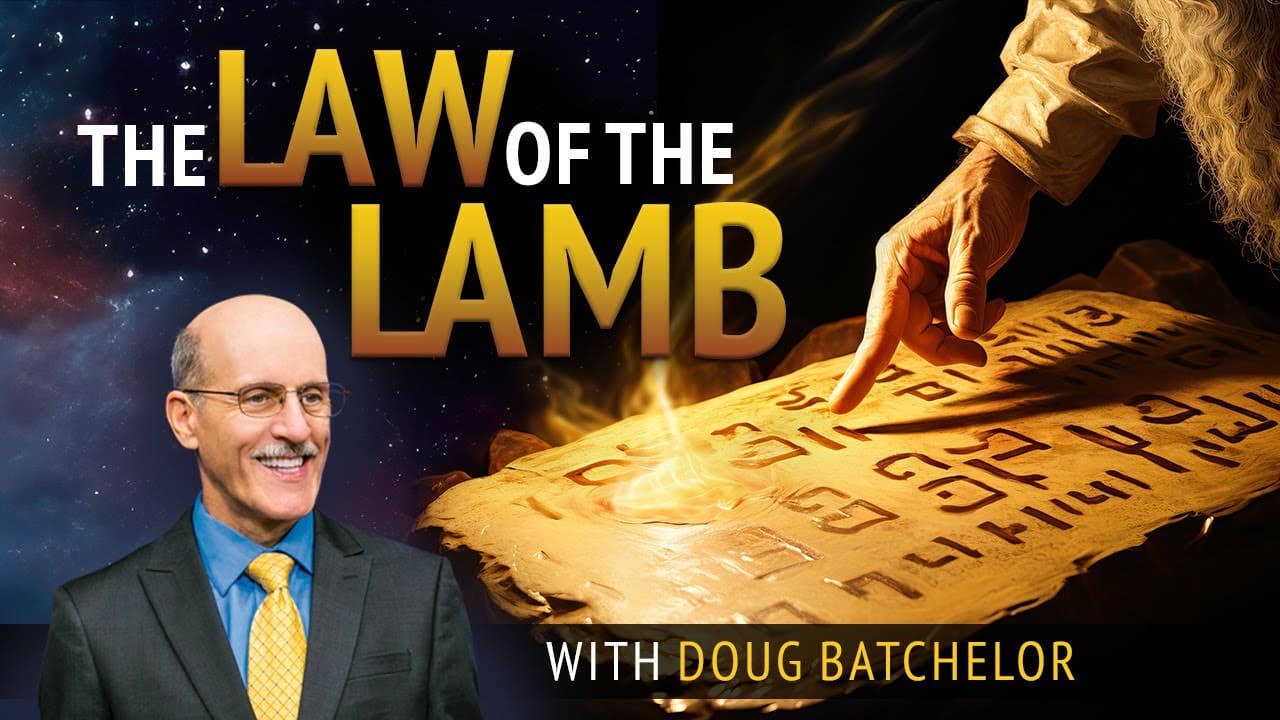Some folks think that Jesus done away with the Ten Commandments when He fulfilled the moral law. However, if we take a look at what Jesus actually said in Matthew 5:17-19, we get a more accurate understanding:
Jesus stated that He didn’t come to dismantle the law or the prophets. On the contrary, He came to fulfill them, which means to live up to their demands through obedience. Living up to the law is the polar opposite of knocking it down.
Jesus highlighted that not even a jot or tittle, the smallest scribbles in the Hebrew alphabet, would be lost from the law until heaven and earth are no more. This corroborates that the law wasn’t done away with. The term “till all is fulfilled” points to the achievement of everything prophesied by the Old Testament prophets.
Breaking even one commandment and urging others to follow suit would result in being ranked lowest in the kingdom of heaven. Jesus made it perfectly clear that those who abide by and teach the commandments will be deemed great in the kingdom of heaven.
The law and the prophets were applicable until the era of John the Baptist, when there was a change in the crux of preaching, but the law wasn’t discarded. Heaven and earth would sooner cease to exist than for a single jot or tittle of the law to fail.
The assertion that Christ abolished the law implies a misguided belief that He is the advocate of sin. However, the Scriptures indicate that Christ came to triumph over Satan and sin, not to sanction violating God’s commandments.
In conclusion, Jesus Himself affirmed the continuous nature of the law and highlighted its importance. The idea that He abolished the law is contradicted by His own words, the predictions of Peter, the writings of Old Testament authors, and the indisputable fact that Christ cannot be the advocate of sin.
Some folks think that Jesus done away with the Ten Commandments when He fulfilled the moral law. However, if we take a look at what Jesus actually said in Matthew 5:17-19, we get a more accurate understanding:
Jesus stated that He didn’t come to dismantle the law or the prophets. On the contrary, He came to fulfill them, which means to live up to their demands through obedience. Living up to the law is the polar opposite of knocking it down.
Jesus highlighted that not even a jot or tittle, the smallest scribbles in the Hebrew alphabet, would be lost from the law until heaven and earth are no more. This corroborates that the law wasn’t done away with. The term “till all is fulfilled” points to the achievement of everything prophesied by the Old Testament prophets.
Breaking even one commandment and urging others to follow suit would result in being ranked lowest in the kingdom of heaven. Jesus made it perfectly clear that those who abide by and teach the commandments will be deemed great in the kingdom of heaven.
The law and the prophets were applicable until the era of John the Baptist, when there was a change in the crux of preaching, but the law wasn’t discarded. Heaven and earth would sooner cease to exist than for a single jot or tittle of the law to fail.
The assertion that Christ abolished the law implies a misguided belief that He is the advocate of sin. However, the Scriptures indicate that Christ came to triumph over Satan and sin, not to sanction violating God’s commandments.
In conclusion, Jesus Himself affirmed the continuous nature of the law and highlighted its importance. The idea that He abolished the law is contradicted by His own words, the predictions of Peter, the writings of Old Testament authors, and the indisputable fact that Christ cannot be the advocate of sin.
While the earthquake in Turkey and Syria brought issues surrounding Sabbath relief efforts into the spotlight, it’s crucial to grasp the principles behind Sabbath observance. The commandment clearly states that no work should be done on the Sabbath day. However, Jewish law and tradition permit necessary work in emergency situations or when lives are at risk.
David Lau, Israel’s Chief Rabbi, determined that rescue and relief workers should continue their operations on the Sabbath when lives are endangered. This decision is in line with the principle found in Leviticus 16:19, which urges us not to stand idly by when someone’s life is at risk.
Contrary to the misunderstanding that Jesus did away with the Sabbath, His exchanges with the Jewish leaders actually reinforced the importance of Sabbath observance. Jesus stressed that doing good deeds and saving lives are fitting actions on the Sabbath, as illustrated in His acts of healing and teaching.
In the case of the woman suffering from a disease in Luke 13, Jesus justified His healing on the Sabbath by indicating that even animals are tended to on that day. If healing is acceptable, then surely working to save a life is not just permitted, but imperative.
Regrettably, the question of performing good deeds on the seventh-day Sabbath isn’t the only misconception regarding the Sabbath. Of all the commandments in the Bible, none is more misunderstood or misinterpreted than the fourth commandment. To understand more about it, including what should and shouldn’t be done on the seventh day, please check out our Frequently Asked Questions section.


